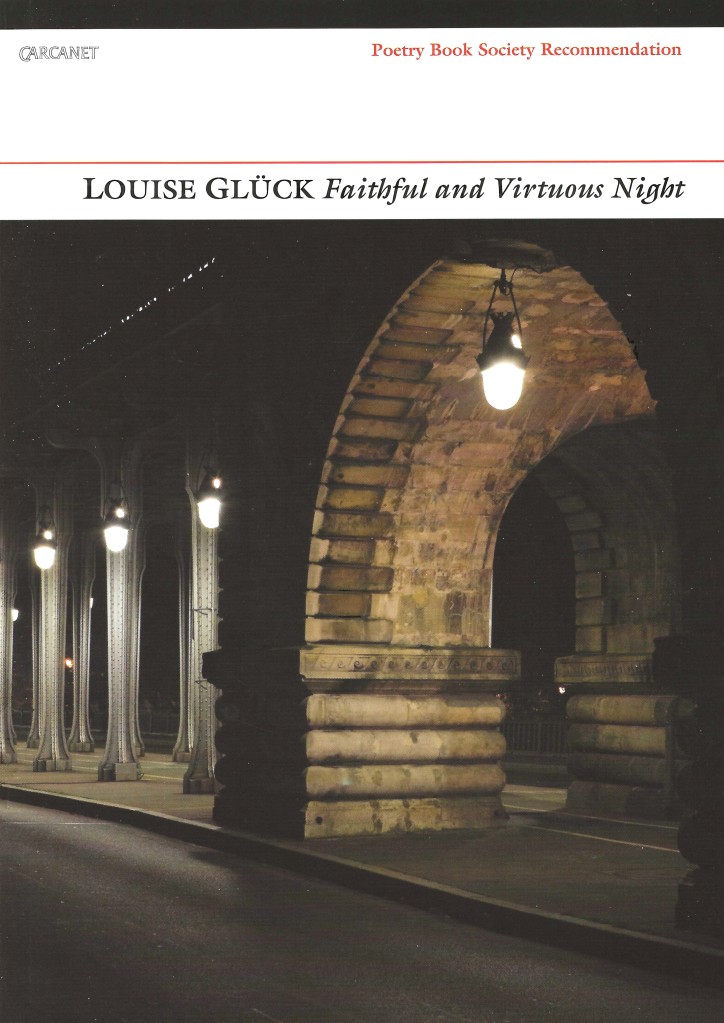
A lively and intriguing title for a poem sequence by our guest poet Lydia Harris. Her work has featured here before (March 2019). This sequence is from her new collection Objects for Private Devotion, beautifully produced by Pindrop Press, published last year. Lydia lives in the Orkney island of Westray. Many of the poem sequences in her new book focus on local culture, people, nature, objects – such as the prayer nut which provides the cover image.
The sequence about the fieldfare is inspired by the great Serbian poet Vasco Popa. The Blackbird’s Field is also a sequence, from Popa’s Collected Poems, close on 400 pages – drawing on folk tale, surrealist fable, personal anecdote, and tribal myth.
Fieldfare, blown off course, early spring
After Vasco Popa
My Fieldfare
He’s made of bone pins.
He’s a book inside a box
with a beak-shaped lid.
A snapped-shut lock.
He Makes Landfall
at Hagock where the Scollays
ploughed in patches,
wore tracks with their boots,
gulped spring water,
built their house.
Body
His muscles hurtle
from rump to neb.
First Song
The sky is my eye,
earth my egg.
From Noup to the Ness
in the turn of my head.
How I know him
His underwing flashes,
he wheels before settling
on plough or pasture.
His Manners
When the tide is asleep
he swallows it.
His wings are granite
with a hundred eyes.
Second Song
Bone grinds skin,
stone splits grain.
His Passion
Flames again.
He thinks he is clay.
The sea wrought him
like a mace head,
speckled, banded,
half-way done.
Bird before he was bird.
Third Song
Snapped flint,
water-worn
sea pebble.
His Dress Code
He squints through an eye mask,
lifts his mottled back through west winds,
across north winds.
A Flagstone in the Wall Speaks to Him
Grapple with my grain.
My night surfaces.
Tap the lichen from my face.
Draw silver from my base.
Lament
I’ve lost my folk,
my night ships,
my dear blood,
thick then thin,
night bird, stray bird.
Tongue
A whip of liver-coloured flesh
sheathed in the coffin of his beak.
His Heart
Its flicker forms ice,
his own padlocked air.
His map of the wind
stiff with frost
in the skirts of an old storm.
He Takes His Leave
Fooled by the moon.
He’s lost his bearings,
like the night boat.
We need to talk
on the edge of sight.

Biography: Lydia Harris lives in the Orkney island of Westray. Her first pamphlet Glad not to be the corpse was published by Smiths Knoll in 2012. In 2017 she held a Scottish Book Trust New Writers’ Award. Her pamphlet A Small Space was placed first in the Paper Swans competition 2020.

